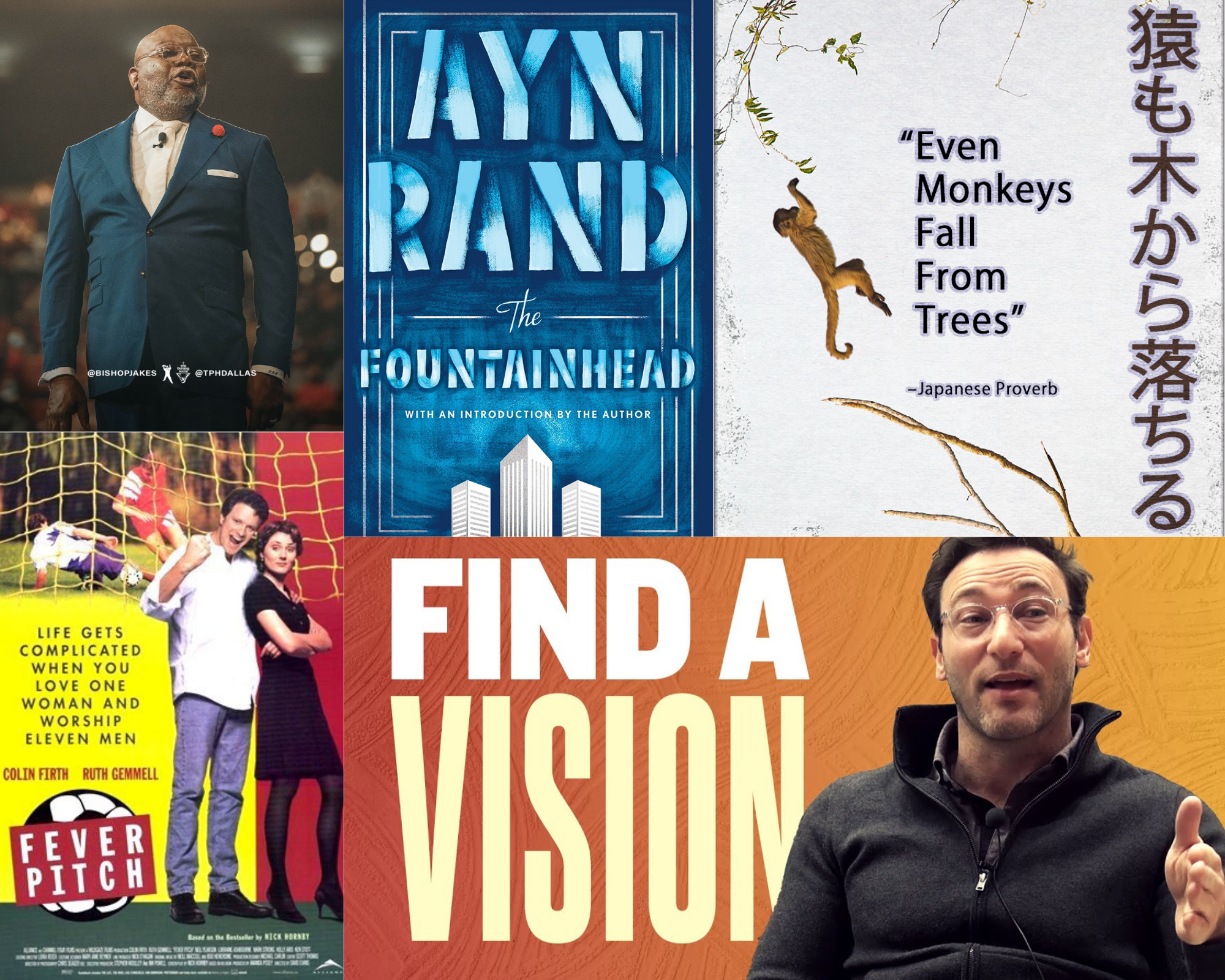Sunday Supplement #67 (August 21st, 2022)
Below is another Sunday Supplement with a quote worth sharing, a book worth reading, a movie worth watching, brainfood worth consuming, and a spiritual passage worth pondering.
I hope you take something away from these recommendations that enriches your week ahead!
Quote of the Week:
“Acceptance doesn’t mean resignation; it means understanding that something is what it is and that there’s got to be a way through it.”
– Michael J. Fox
Book of the Week:
Transitions – William Bridges
William Bridges was a distinguished authority on change and transition. He spoke and advised on how people should approach transition and sold over a million copies of his books.
Transitions is Bridges’ bestselling book that lays out a guide for understanding and successfully adapting to change.
His process talks about three stages of change: the ending, the neutral zone, and the new beginning. In the book, Bridges shows how each can be embraced to have productive movement forward.
The edition I read had two parts: The Need for Transition and The Transition Process. The first part discussed various topics like relationships, careers, and general life changes.
The second part broke down Bridge’s roadmap for navigating change. I found the first section a little confusing until reading the second part. The second part was brilliant.
Transitions’ subheading is Making Sense of Life’s Changes. I found the book extremely helpful on that front and highly recommend it to those interested in tips on dealing with change.
Movie of the Week:
The Book of Exodus received a brilliant adaptation from DreamWorks Pictures in the animated movie The Prince of Egypt.
The film starts with the birth of Moses and follows his journey, becoming a prince and ultimately leading the Jewish people out of Egypt.
Val Kilmer and Ralph Fiennes voice Moses and Ramses. They star in the film and provide a brilliant focal point in the narrative.
The rest of the cast, including Michelle Pfeiffer, Sandra Bullock, Danny Glover, Jeff Goldblum, Patrick Stewart, Helen Mirren, and Steve Martin, help shape the world brilliantly.
The movie only won one Oscar for Best Music – Original Song, but the film would have easily won Best Animated Film of the Year if the category had been around.
Some animated movies truly capture the brilliance of what a film can convey, and The Prince of Egypt is one of them.
Brainfood of the Week:
Navigate and Embrace Change | Simon Sinek
In this video, Simon Sinek gets asked, “Should people continuously change?”
Sinek responds to the first question by stating that he thinks the answer is always yes— to view ourselves or our organizations as works in progress.
He talks about the infinite mindset of constant improvement. Sometimes it’s small changes, and sometimes it’s bigger. There’s always the opportunity to improve something.
There are more questions throughout the video that Sinek addresses.
Sinek discusses the fear behind sudden changes as opposed to incremental changes. He goes on to explain how this affects individuals and companies.
While the latter half of the video veers toward business, there is much to take away from Sinek’s answers on how to approach change and how to recognize how others approach it.
I’ve featured Simon Sinek in three previous Sunday Supplements. If you like this video, check out the others.
Closing Spiritual Passage:
“Indeed, with hardship [will be] ease.”
– Surah Ash-Sharh 94:5
This passage from the Quran reminds me of moments of tranquility that can occur from dealing with a hardship.
One of the other English translations of the passage substitutes ease with relief.
I think of the moments when waiting for a response or an outcome after I’ve put in the work and have to accept what comes next.
If there is a challenge or a hardship as a result, after processing my feelings, there comes a moment where I realize I have control over what I do next.
Sometimes I wallowed in a pit of negative emotions for a long time, but, thankfully, I eventually remembered that I could choose how to move forward.
I think there is great power in acceptance and realizing we have control over our actions.
I believe one of the most powerful feelings can be when you’ve done your best in a difficult situation and can accept whatever happens.
Embrace the changes in your life, and have a blessed week ahead!
Comments closed


